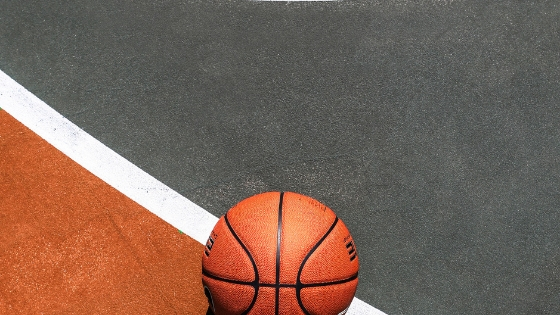Sports hold many benefits for those who participate in them. You might not feel interested in sports, especially when it comes to having to compete, but even recreationally there are plenty of benefits. No matter what age you are, or if you have a young child who you think might be interested in playing a sport, here are some of the many skills that can be gained from joining a team and working toward a common goal while improving yourself in the process.
Teamwork
The most obvious skill you’ll learn from organized sports is teamwork. Even if you’re pursuing a more singular sport, such as running, if you’re working on a team, you still need to work together to push one another and meet individual (and group) goals. Even simply being able to organize a time to practice with other people leads to better teamwork. Playing a sport, such as soccer, where you’re on a team means you need to work together to win.
Focus
Sports force you to be incredibly focused, from small physical tasks you need to do to hone your skills to larger goals such as winning a championship. When you’re on the field, you cannot be distracted by other concerns. You learn to stay focused on the task at hand and do what needs to get done.
Healthy lifestyle
It’s no secret that an active lifestyle is good for you. Participating in sports helps people stay fit and often leads to better nutritional choices. You’ll learn what the best foods to eat are and what gives you the most energy. If you want to play at your best, you’ll need to get a full night’s rest. Athletes understand the importance of taking care of their bodies to avoid injury and to win their competitions.
Self discipline
As an athlete, you’ll need to learn the skill of self discipline. Participating in sports teaches you that you cannot simply eat whatever you feel like; it’ll negatively affect you the next day. When you have practices and competitions to attend, you also need to carefully plan your schedule around that. If you’re working or in school, also participating in sports means you need to priortize and plan your time carefully instead of doing whatever you want, whenever.
Communication
Many people lack communication skills, but sports help improve this skill. When you’re on a team and working with other athletes, you need to learn how to communicate with them in a clear, positive way. One of the worst issues a team can face is a lack of communication, where people begin to resent and misunderstand one another because it then affects how they play.
Leadership
A large amount of leaders were also athletes at some point in their lives. When you’re on a team, there are going to be some people who naturally help lead others and innately understand how to better your game, as an individual and as a team. Even if you do not have great leadership skills before joining an organized sport, the longer you participate, the easier it is to develop those skills.
